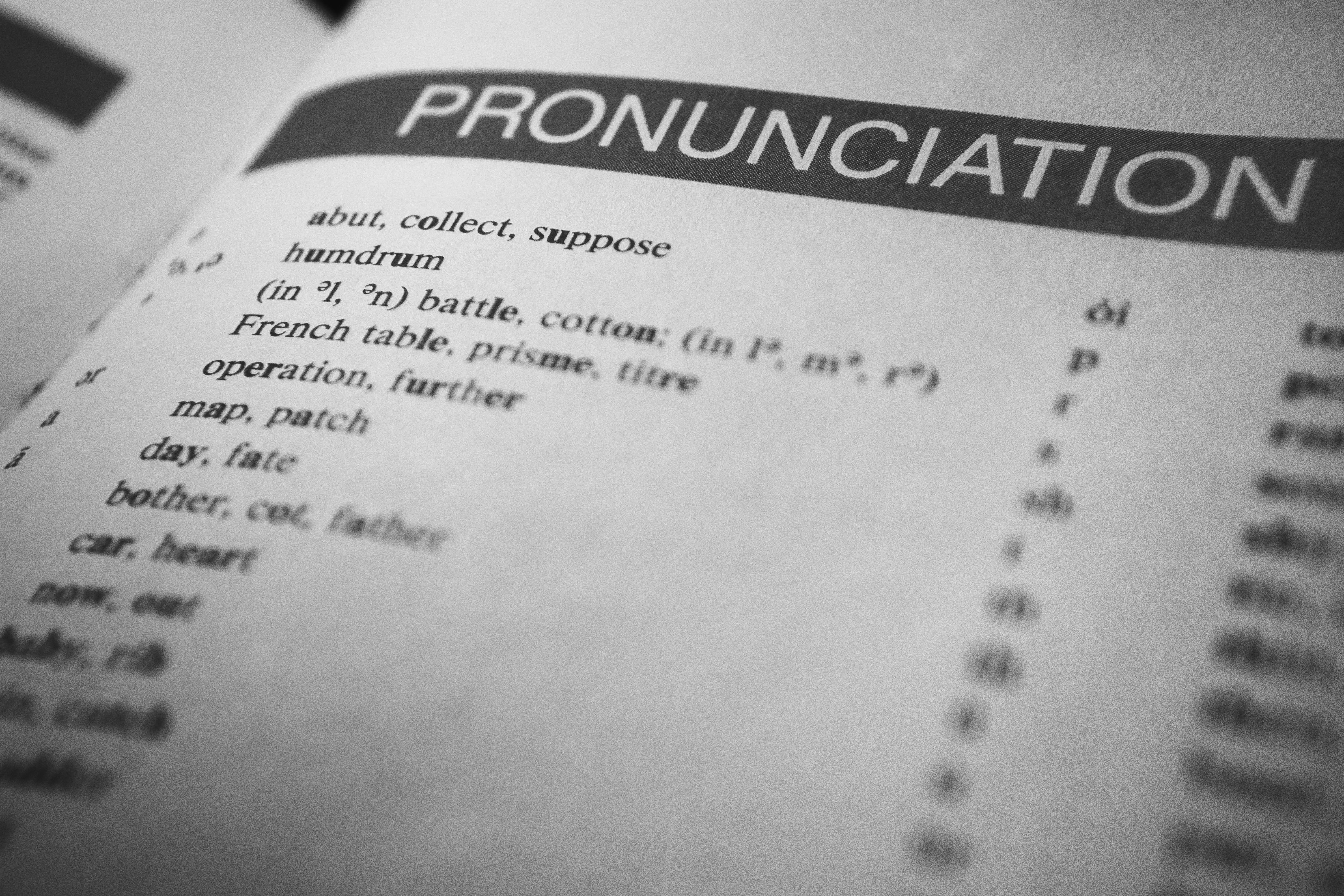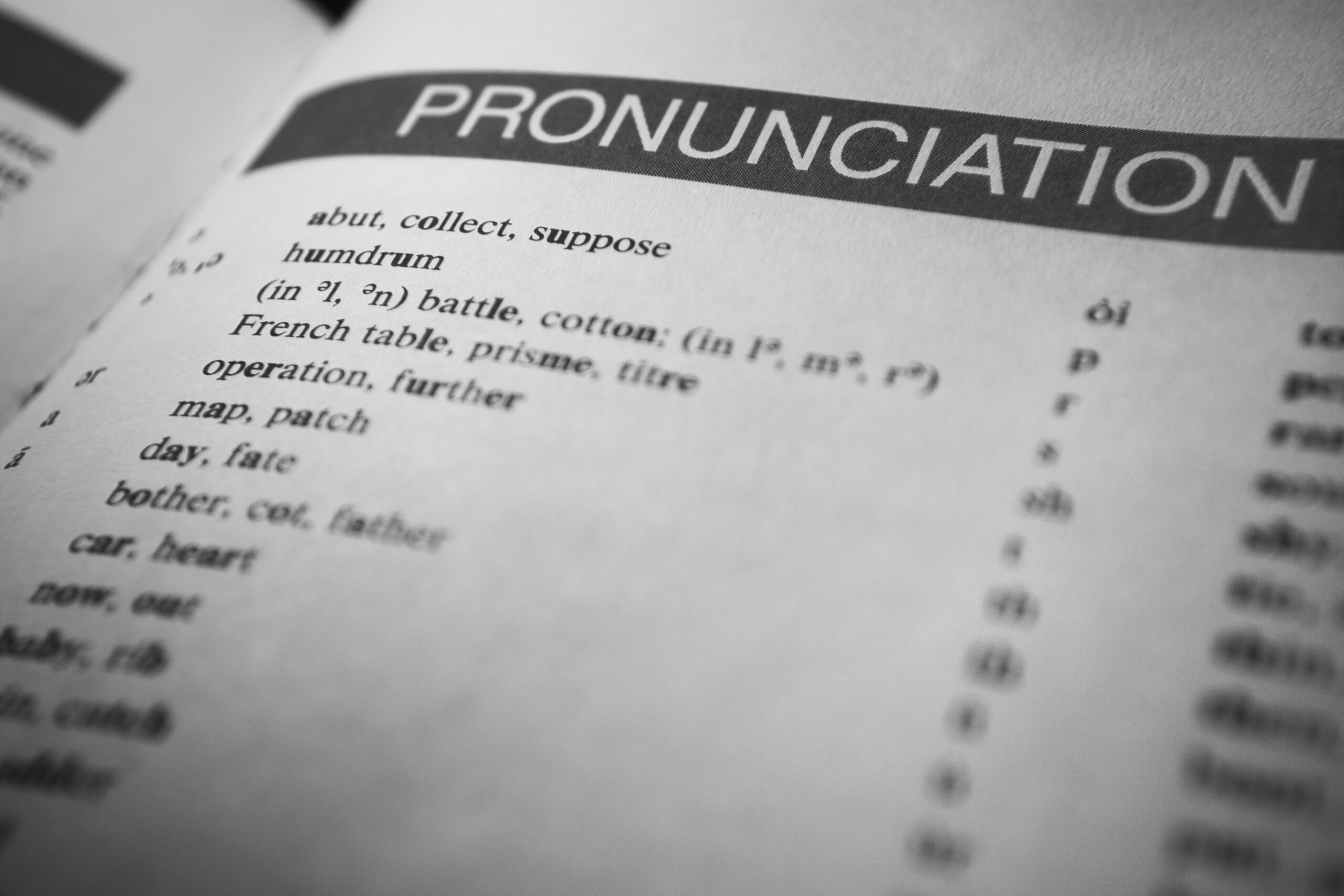Mastering Arabic Pronunciation: A Beginner’s Guide
Learning Arabic can be a rewarding and enriching experience, but for beginners, one of the most challenging aspects can be mastering pronunciation. Arabic has sounds that are unfamiliar to many non-native speakers, and getting these sounds right is essential for effective communication. This guide will walk you through the basics of Arabic pronunciation, offering tips and techniques to help you speak Arabic with confidence and clarity.

Understanding Arabic Sounds
Arabic is a Semitic language, and it features a range of sounds that might not exist in your native language. The Arabic alphabet consists of 28 letters, each with a specific sound that can change depending on its position in a word. Some of the most distinct and challenging sounds in Arabic include:
- The Glottal Stop (ء): This sound, represented by the letter “ء” (hamza), is similar to the sound between the syllables of “uh-oh” in English. It’s a quick, sharp sound made by closing the vocal cords and then releasing them.
- The Emphatic Consonants (ص، ض، ط، ظ): Arabic has several emphatic consonants, which are pronounced with the back of the tongue raised. These include “ص” (ṣād), “ض” (ḍād), “ط” (ṭāʼ), and “ظ” (ẓāʼ). The key to mastering these is practice and listening to native speakers.
- The Letters ع and غ: The letter “ع” (ʿayn) is produced deep in the throat, while “غ” (ghayn) is similar to the French “r” sound. These can be tricky, but with practice, they become easier to pronounce.
- The Short and Long Vowels: Arabic vowels can be short or long. Short vowels are not usually written in standard text, while long vowels are indicated by the letters “ا” (alif), “و” (wāw), and “ي” (yāʼ). Understanding the difference between short and long vowels is crucial for correct pronunciation and meaning.
Tips for Improving Your Arabic Pronunciation
- Listen and Repeat: One of the best ways to improve your pronunciation is to listen to native speakers and repeat what they say. You can find plenty of resources online, such as language learning apps, YouTube videos, and Arabic podcasts. Pay close attention to how words are pronounced and try to mimic the sounds as closely as possible.
- Practice with Native Speakers: If possible, practice speaking with native Arabic speakers. This will give you the opportunity to hear authentic pronunciation and receive feedback on your own pronunciation. Language exchange programs, online tutoring, and community language groups are great ways to connect with native speakers.
- Record Yourself: Recording yourself speaking Arabic and playing it back can help you identify areas where you need improvement. Compare your pronunciation with that of native speakers and make adjustments accordingly.
- Use Pronunciation Guides: Many Arabic language courses and textbooks include pronunciation guides that explain how to produce specific sounds. These guides often come with audio examples that can be extremely helpful.
- Practice Pronunciation Exercises: Just like with any skill, practice makes perfect. Dedicate time each day to practicing difficult sounds and words. Use tongue twisters or specific pronunciation exercises to strengthen your ability to produce challenging sounds.
- Focus on Phonetic Differences: Pay attention to the subtle differences between similar sounds, such as the difference between “ت” (tāʼ) and “ط” (ṭāʼ), or “د” (dāl) and “ض” (ḍād). Mastering these distinctions is key to clear communication.
Why Pronunciation Matters
Correct pronunciation is essential for being understood in Arabic. Mispronouncing a sound can change the meaning of a word entirely, leading to confusion. For example, the words “قلب” (qalb) meaning “heart” and “كلب” (kalb) meaning “dog” differ only by the pronunciation of “ق” (qāf) and “ك” (kāf). Proper pronunciation also shows respect for the language and its speakers, which is important in any cultural exchange.
Take Your Arabic Pronunciation to the Next Level
Learning Arabic pronunciation can be challenging, but with the right approach and resources, it’s entirely achievable. Our comprehensive Arabic course is designed to help you master pronunciation through structured lessons, interactive exercises, and plenty of practice opportunities. Whether you’re just starting out or looking to refine your skills, our course will guide you every step of the way.
Start your journey to mastering Arabic pronunciation today!
[Enroll Now]

